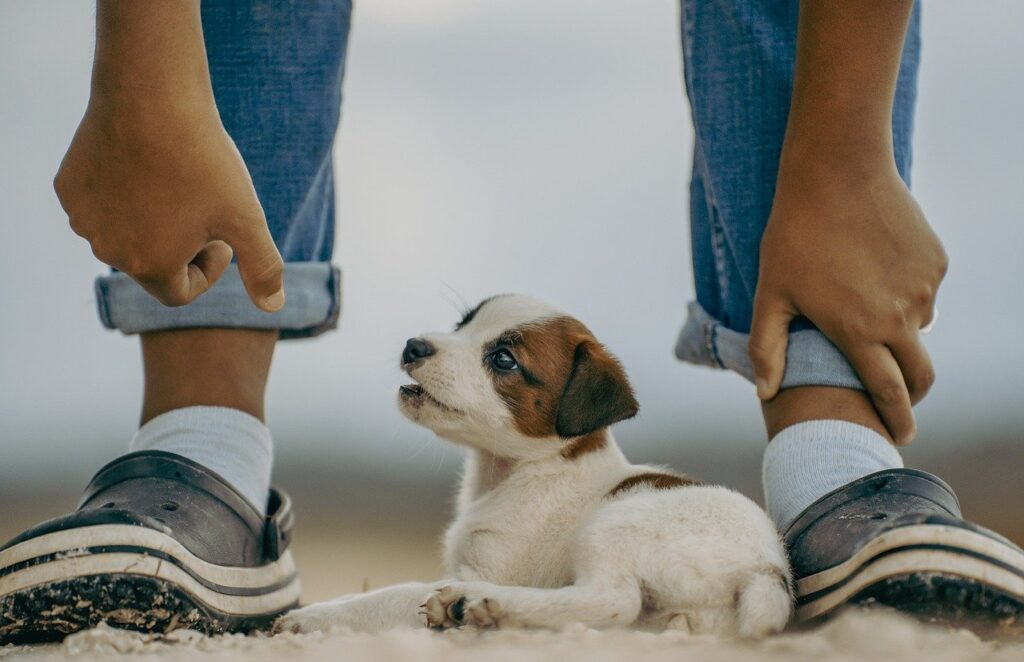Deciding whether to crate your puppy at night is a common concern for new pet owners. Crate training can be beneficial for both you and your puppy, but it’s crucial to approach it thoughtfully. Let’s explore the reasons for using a crate at night and how to do it effectively.
Benefits of Crating Your Puppy at Night
- Creates a Safe Space—A crate can serve as a secure haven for your puppy, helping them feel safe and comfortable during the night.
- Aids House Training—Dogs instinctively avoid soiling their sleeping area. Crating can encourage your puppy to hold it until morning, aiding in house training.
- Reduces Anxiety—Having a designated sleeping area can help reduce anxiety, especially during the adjustment period in a new home.
Guidelines for Crating at Night
- Start Gradually—Introduce your puppy to the crate during the day. Allow them to explore it and create positive associations by using treats and toys.
- Use Comfort Items—Place a soft bed or blanket in the crate, along with a favorite toy. This can make the space more inviting and cozy.
- Keep It Close—In the beginning, place the crate in your bedroom or nearby. This allows you to reassure your puppy and helps them feel less isolated.
When to Lock the Crate
- After a Good Night Routine—Before bedtime, take your puppy out for a potty break and some playtime to help them settle down.
- Once They’re Calm—Lock the crate when your puppy is calm and ready to sleep. Avoid locking them in if they’re still energetic or anxious.
Monitoring and Adjusting
- Listen for Distress—If your puppy whines or cries, give them a moment to settle. If it continues, you might need to take them out for a quick potty break.
- Age Considerations—Younger puppies may need to go out more frequently, while older puppies can typically hold it longer. Adjust your approach as your puppy grows.
Crating your puppy at night can provide a safe and secure environment, aiding in-house training and reducing anxiety. By introducing the crate gradually and ensuring it’s a positive space, you can help your puppy adjust to their new routine. Always monitor their needs and be flexible as they grow. With time and patience, crate training can be a beneficial part of your puppy’s life!


